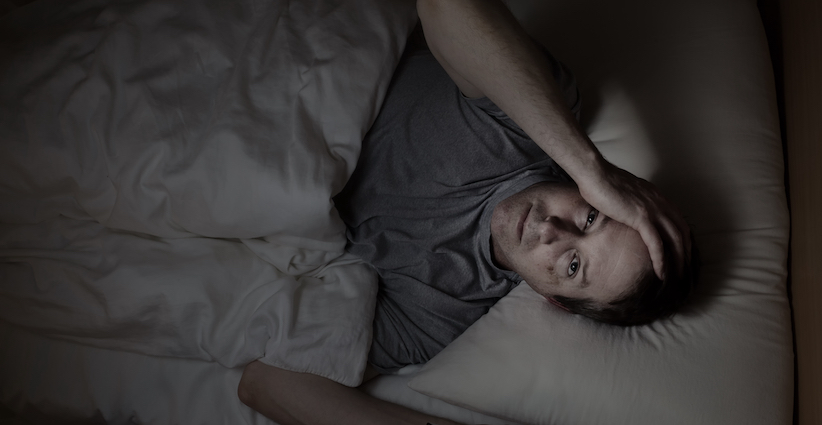Philips Reaches $1.1B Settlement Over Defective CPAP Machines
Three weeks after being banned from selling CPAP machines in the U.S., Philips announced the hefty payout related to toxic foam in its sleep apnea devices.
The latest news, features, original research, and expert advice to help you sleep better.

Updated May 3, 2024
46% of People with Below-Average Sleep Quality Rate Their Mental Health As PoorA new SleepFoundation.org survey shows a strong link between sleep quality and mental health: when one suffers, the other does as well.